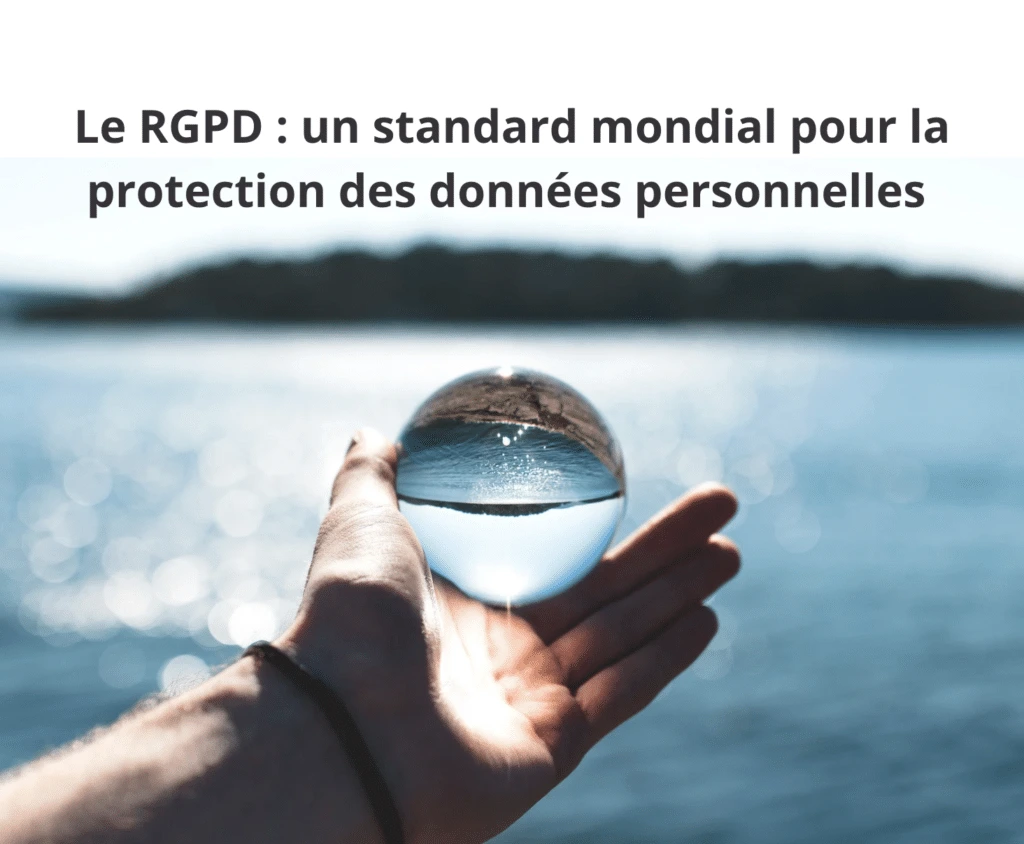Since its implementation in May 2018, the General Data Protection Regulation (GDPR) has revolutionized how personal data is processed and protected. Its impact extends beyond European borders, influencing global legislation and establishing an essential standard for data protection. This article explores the global influence of the GDPR , its benefits, and how companies can comply with the regulation while safeguarding personal data.
GDPR and Its Global Influence
The GDPR introduced fundamental principles for personal data protection, inspiring similar laws worldwide. Examples include:
- The CCPA in the United States : Enacted in January 2020, it mandates obligations such as transparency in data collection, the right to erasure, and the right to opt out of data sales.
- The LGPD in Brazil : Effective since September 2020, it establishes similar principles, including explicit consent and the right to access data.
These regulations reflect the growing emphasis on data protection and strengthen individuals’ rights over their personal information.
The Benefits of a Global Standard
A global standard like the GDPR offers numerous advantages:
- Enhanced data protection : Strict security measures boost individual trust.
- International consistency : A uniform approach simplifies cross-border data exchanges.
- Strengthened individual rights : Rights to access, rectify, and delete data.
- Trust and transparency : Privacy-respecting companies earn consumer confidence.
- Innovation and competitiveness : The GDPR encourages responsible practices and technological innovation.
Understanding Personal Data Processing under the GDPR
The GDPR defines personal data processing as any activity involving data, whether collection, storage, updates, or deletion. Key examples include:
- Maintaining customer records: Storing information to manage client relationships.
- Collecting prospect details: Gathering data via online forms for marketing campaigns.
- Updating supplier databases: Ensuring accurate information for efficient operations.
These actions must comply with GDPR guidelines to protect privacy and individual rights.
Definition of Personal Data under the GDPR
Personal data includes any information identifying a person directly (name, surname) or indirectly (unique identifier, account number). Its processing, manual or automated, must comply with GDPR requirements .
Protecting Against GDPR-Related Scams
To avoid fraud:
- Verify company references and services.
- Scrutinize contracts for inconsistencies.
- Beware of aggressive or threatening communications.
- Never pay for unsolicited services.
- Confirm contact identities and seek help if in doubt.
Common GDPR-Related Scams
- Fake authorities : Companies claiming to represent official bodies.
- Overpriced services : Costly offers with minimal results.
- Minimal engagement : Generic advice without personalized follow-up.
The Role of the CNIL in GDPR Compliance
The CNIL provides resources to assist organizations:
- GDPR Practical Guide : Creating processing records, minimizing data collection, respecting individual rights, and securing data.
- Free Online Course “The GDPR Workshop” : Five modules covering GDPR basics, data protection principles, stakeholder responsibilities, compliance tools, and public-sector data management. Each module awards a completion certificate.
Conclusion
The GDPR has transcended European borders to become a global data protection standard. Its influence is evident in laws like the CCPA and LGPD, pushing companies toward responsible practices. By complying with the GDPR, businesses build consumer trust and align with an ethical, responsible digital economy. At My Data Solution , we offer tailored solutions to help companies achieve GDPR compliance and effectively protect personal data.
By adopting rigorous measures and respecting individual rights, businesses can navigate the complex data protection landscape while contributing to a safer digital world.
#GDPR, #global standard, #personal data protection, #compliance, #legislation, #international influence, #privacy, #transparency, #individual rights, #trust, #innovation.





